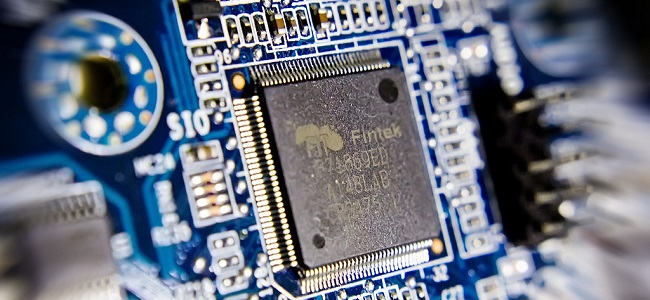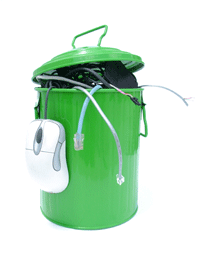Founded to help Inspire, Support and Promote the teaching of Computing across the UK a little over a year ago, exa.foundation has helped hundreds of teachers and thousands of students develop their interest in Computing, running a wide variety of events aimed at school teachers, students and Computing hobby clubs. In this piece, we’re taking a look at some of the events we’ve run recently - and what’s coming up next!
When I began teaching in the early 1990s, schools were approaching the Millennium with great anticipation for a futuristic world of gadgets and technologies. The best we had at that time was a BBC B Computer, hooked up to a dot matrix printer with that awful neverending sheet of paper with the holes in the sides. In some classrooms they were seen as glorified typewriters so that kids could type up a good piece of writing. More adventurous uses included simple programming and filling the screen with scrolling text from a few lines of code.
With computing soon to be taught in lieu of ICT, many teachers are keen to share advice and concerns with their peers. Miles Berry, author of Switched on Computing, talks about the fresh opportunities for creativity in the new curriculum, and shares some advice on how to take on these new challenges.

Whilst it’s easy to focus on the ‘core knowledge’ aspects of the new National Curriculum, creativity is an important dimension, and I think rightly so. The stated aims for the curriculum as a whole include engendering an appreciation for human creativity, and it’s hard to see this happening without some opportunity for pupils to work in this way. The computing programme of study speaks of pupils coming to understand and change the world through computational thinking and creativity, and includes, as one of its aims, that pupils become creative users of ICT.
There is no denying that digital technology is now part and parcel of our everyday lives and increasingly teachers are making use of it, not just as a personal management system, but as part of their everyday lessons. This is all good, of course, but there can be a rather piecemeal approach to digital technology in schools. There is an awful lot of good practice going on all over the country and still further afield; one look at Twitter tells me this. However, not all teachers realise the power and potential of digital technology.

Have you ever wondered what happens to the thousands of old computers that we get rid of everyday?
These days you can’t just throw IT equipment out and leave it for the dustmen. The WEEE Directive (Waste Electrical and Electronic Equipment), which was made law in 2007, means all of us have to dispose of our old computers carefully and safely.
This is because all computers are full of toxic materials. Circuit boards contain heavy metals including mercury, while monitors contain up to 4kgs of hazardous lead. We can safely sit just inches from these hazardous chemicals when they are locked away in our computer, but if they are poorly disposed of they can harm the environment.

A community-driven platform for showcasing the latest innovations and voices in schools
Pioneer House
North Road
Ellesmere Port
CH65 1AD
United Kingdom